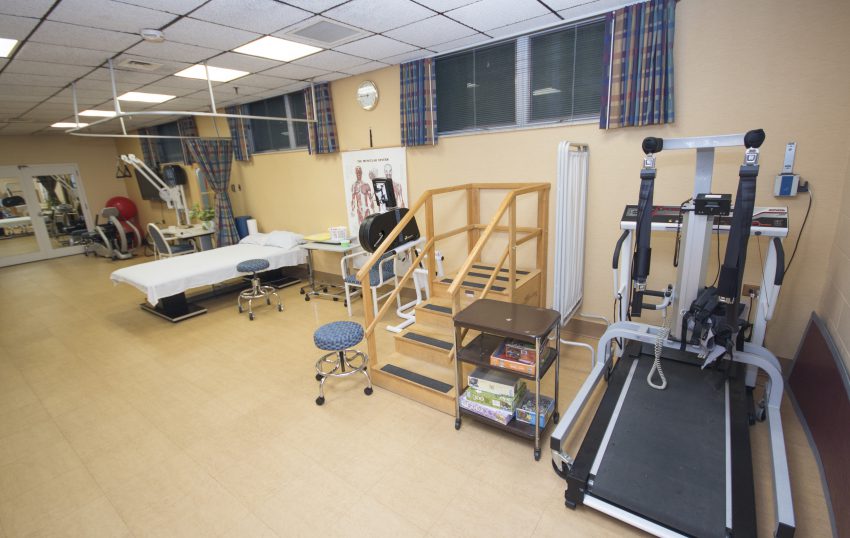This Crucial Role of Personal Coaching to Successful Post-Injury Therapy.
This Crucial Role of Personal Coaching to Successful Post-Injury Therapy.
Blog Article
Personal coaching plays a crucial part in the rehabilitation journey after an injury. When someone gets hurt, whether it is a sprain, pull, or a more serious injury, the path to rehabilitation can be long and challenging. Individual trainers are specifically qualified to help clients recover their power, flexibility, and general fitness. They develop customized exercise programs that address to the particular needs of the hurt individual, making sure that the rehabilitation process is both secure and efficient. This custom method is essential for helping clients get back to their regular activities and prevent future damages.
One of the key advantages of personal coaching during recovery is the expertise that trainers bring to the table. They comprehend the body's body and how it responds to various types of workouts. This expertise allows them to design programs that focus on restoring power in the injured area while also enhancing general fitness. Individual coaches can monitor progress closely and implement changes to the plan as needed. This ongoing evaluation is crucial because it assists to guarantee that the individual is not overexerting themselves too much, which could result to re-injury.
Another important aspect of personal training in post-injury recovery is encouragement. Recovering from an injury can be mentally and physically draining. Individual coaches provide support and support, helping individuals stay focused on their goals. They can also help set realistic rehabilitation programs for sports injuries goals, which is crucial for keeping a constructive attitude during recovery. With a personal trainer by their side, individuals are more likely to stick to their rehabilitation program and stay committed to their rehabilitation process.
In addition to physical exercise, personal trainers often include instruction into their sessions. They teach clients about correct physical movements, the importance of warm-ups and cool-downs, and how to pay attention to their physical signals. This understanding empowers individuals to take an proactive part in their rehabilitation. Comprehending how to avoid future injuries is just as crucial as healing from the present one. Personal trainers can provide important guidance into lifestyle changes and workouts that encourage long-term health and fitness.
Finally, personal coaching can enhance the overall rehabilitation process by fostering a sense of community. Many trainers build a nurturing environment where individuals feel at ease discussing their struggles and successes. This camaraderie can be incredibly helpful, as it assists individuals feel less isolated during their recovery. By collaborating with a personal trainer, individuals not only improve their bodily health but also obtain a support community that encourages them to stay involved and driven throughout their rehabilitation process.